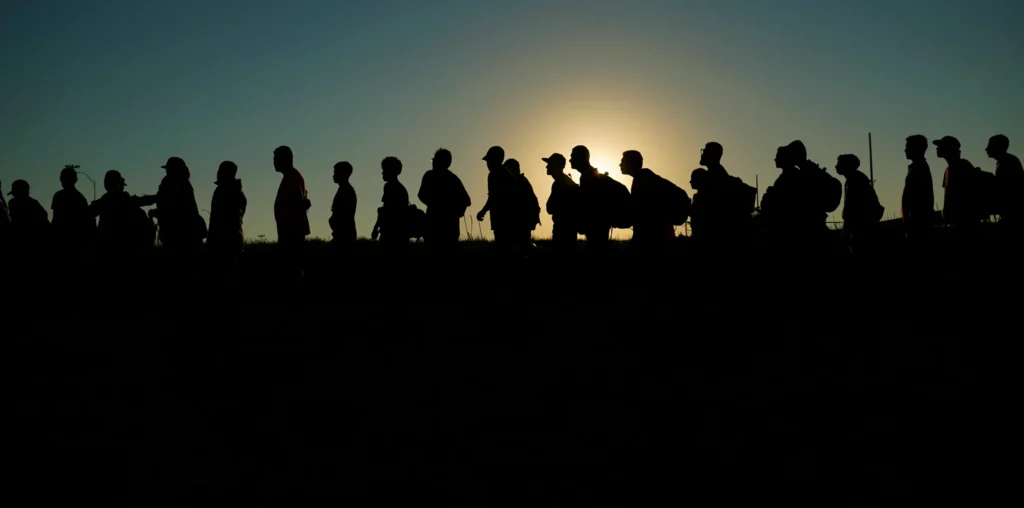The Netherlands has taken a bold step in reshaping its immigration landscape. Prime Minister Dick Schoof’s right-wing coalition, which includes Geert Wilders’ Party for Freedom, has announced sweeping changes to asylum policies. These new measures aim to significantly reduce the number of asylum seekers entering the country.
The government plans to shorten temporary residence permits to three years. After this period, authorities will reassess each case. Permanent asylum permits will no longer be available. This change marks a departure from previous, more lenient policies.
Family reunification rules will also tighten. Adult children and unmarried partners of asylum seekers can no longer join them in the Netherlands. This decision affects many families seeking to reunite on Dutch soil.
The new policy targets Syrian asylum seekers from “safe” regions. These individuals make up the largest group of asylum applicants in the country. Under the new rules, they face deportation. This move has sparked debate about the definition of “safe” areas in conflict zones.


To enforce these changes, the government will create additional detention facilities. They plan to add 50 to 100 cells for rejected asylum seekers awaiting deportation. This expansion signals a more aggressive approach to immigration enforcement.
Border controls will begin in November, mirroring similar actions in other European countries. Germany has already implemented such measures. France is expected to follow suit. These controls aim to reduce unauthorized entry into the Netherlands.
Housing policies will also change. Asylum seekers will no longer receive priority in housing allocations. This shift addresses concerns about fairness in the Dutch housing market. It also reflects the government’s focus on domestic priorities.
Netherlands Shifts to Stricter Immigration Policy
The government will establish “strict reception facilities” for asylum seekers. These centers will likely have more rigorous rules and oversight. Details about these facilities remain unclear, but they suggest a more controlled environment for newcomers.
This policy shift occurs against a backdrop of European-wide changes. Austria’s right-wing Freedom Party has gained significant support. Other countries are also tightening their borders. These trends indicate a growing concern about immigration across the continent.
The Netherlands receives about 40,000 asylum applications annually. However, the country struggles with housing and integration. Past austerity measures and a general housing shortage have exacerbated these challenges.
In September 2024, the Dutch government requested an exemption from EU asylum rules. The EU rejected this request. This rejection likely influenced the government’s decision to pursue unilateral measures.
Europe’s New Conservative Era: Implications for Left-Wing Leaders Like Lula
Critics argue that some of these measures may violate human rights standards. They express concern about the legality and ethics of the new policies. Local authorities, especially in border regions, question the effectiveness of increased border controls.
The new asylum policy is part of a larger 138-page government program. This program prioritizes migration and asylum issues. It reflects a significant shift in the Netherlands’ approach to immigration and integration.
Minister Marjolein Faber of Wilders’ party has proposed declaring a crisis. This declaration would allow temporary suspension of laws without parliamentary approval. Critics view this move as potentially undemocratic and dangerous.
These changes challenge the EU’s efforts to establish a common asylum system. They may encourage other member states to pursue similar unilateral measures. This trend could undermine EU-wide cooperation on migration issues.

